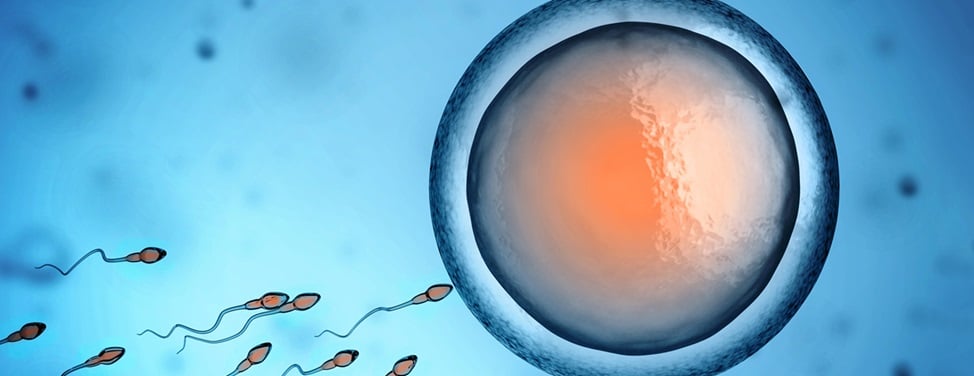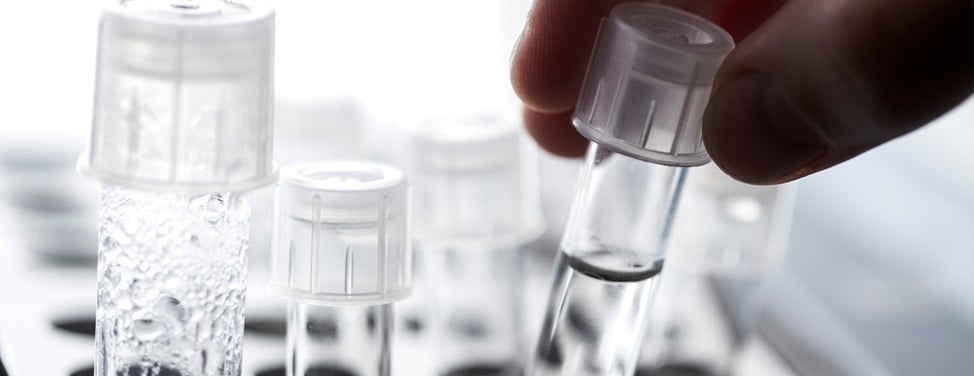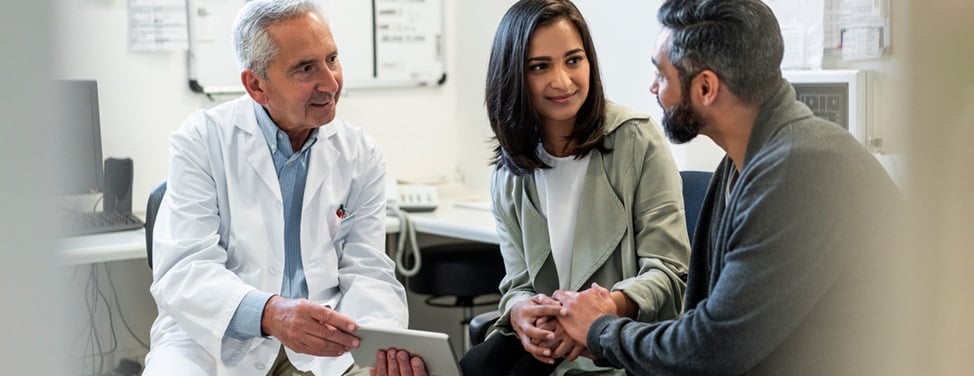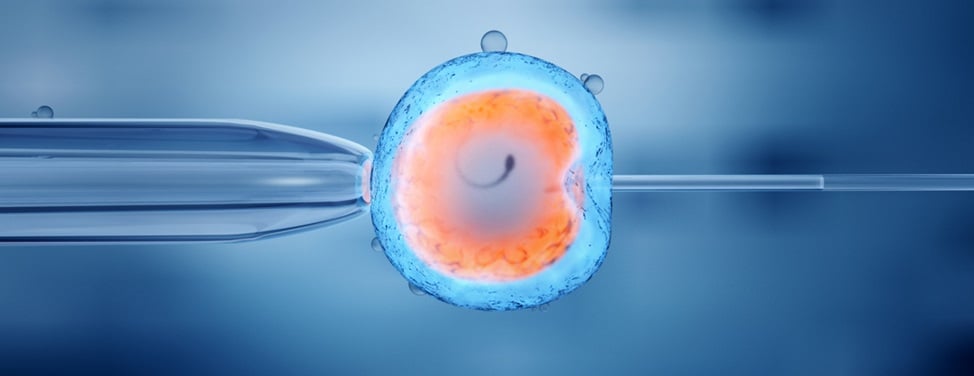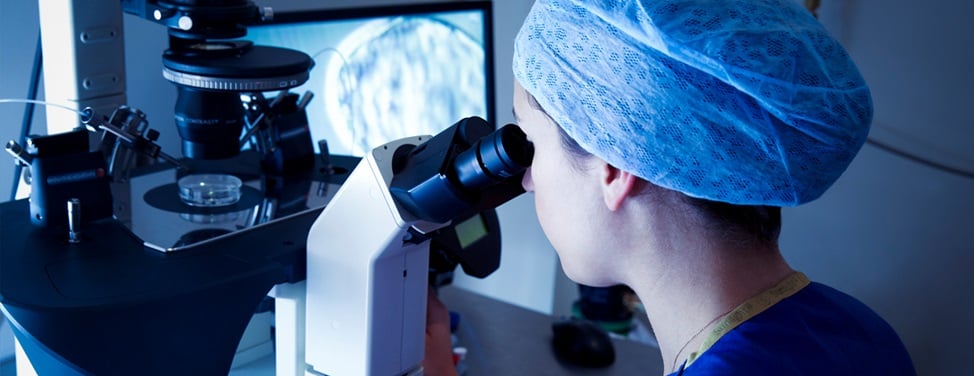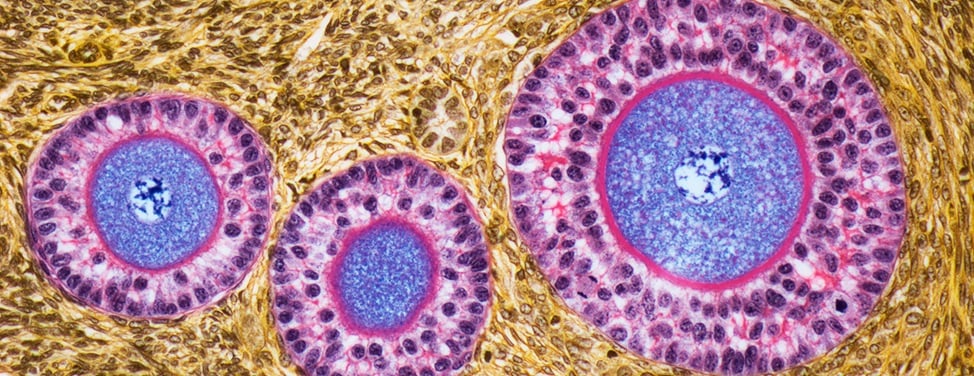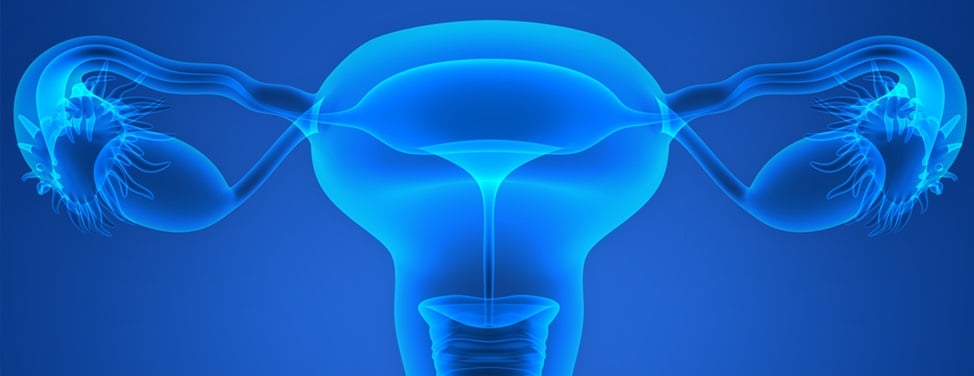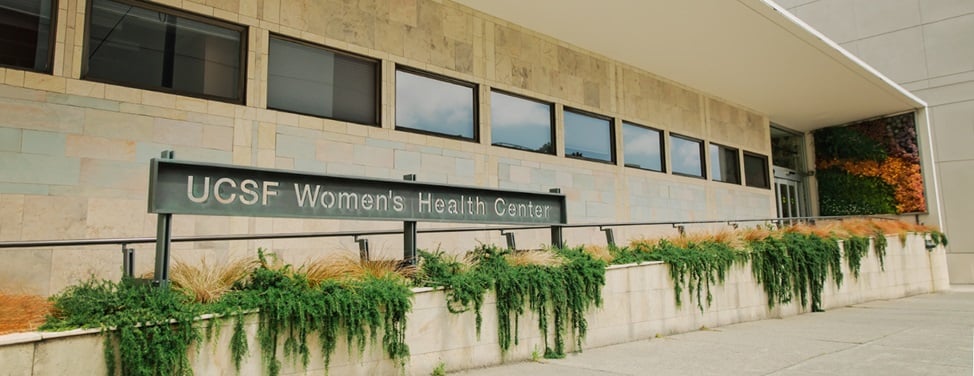
Infertility Risk Factors
Infertility Risk Factors for Women
Maternal age is probably the most significant factor related to a woman's ability to conceive. While many women today are waiting to become pregnant, the ovary's ability to produce normal, healthy eggs declines with age, increasing the risk of chromosomal abnormalities and unsuccessful implantation and pregnancy.
The likelihood for successful pregnancy begins to decrease in the early 30s. While this decline is initially quite minimal, as years pass, the rate of decline in fertility increases and begins to rapidly accelerate around 37 to 38 years of age, with an acute fall beyond 42 years of age.
Because of the importance of maternal age, many doctors recommend that women over 35 should pursue a fertility evaluation after trying to conceive for six months. Couples under age 35 should consider evaluation if conception does not occur after trying for a year. A woman using donor insemination should ask her doctor about an infertility evaluation after six months.
Other factors, such as endometriosis or uterine fibroids, can also play a role in infertility, though many women with these conditions conceive healthy children without trouble.
Weight is another significant risk factor for women. Women who are overweight have decreased fertility and an increased risk for miscarriage. Additionally, very low body weight may be associated with infertility and miscarriage. It is important to maintain a healthy body weight, with a body mass index (BMI) between 20 to 25, and to live a healthy lifestyle. Extremes in diet and exercise are to be avoided.
Read more about infertility in women.
Infertility Risk Factors for Men
Over the last several decades, concern has risen about the impact of industrialization on reproductive health. This concern stems largely from reports that show that semen quality of men in Europe and the United States has decreased over the latter half of the 20th century. Some environmental factors may be implicated in this semen quality decline that may affect reproductive health.
Exposure to environmental agents is thought to have a toxic effect on sperm quality, but the evidence behind most of these scientific claims is rather weak. This is because it is hard to actually demonstrate the cause-effect relationship of toxins to sperm quality. Human toxin studies are generally not well-controlled because of many variables that influence the findings. Most of the information we have is derived from animal studies and may not necessarily reflect a true effect that exists in the human condition.
The environmental toxins that are most often cited as potential contributors to infertility can be organized into physical, chemical, occupational and lifestyle factors.
- Physical factors may include hyperthermia (increased temperature), radiation and electromagnetic fields.
- Chemical causes may include cigarette smoking, excessive alcohol consumption, marijuana and cocaine use, and excessive caffeine intake.
- Occupational hazards such as some pesticides, industrial toxins like dioxin and PCBs, and exposure to heavy metals may also be linked to infertility.
- Lifestyle factors such as stress and nutrition can also play a role.
Unfortunately, it is difficult to make recommendations on how to prevent exposure to many of these toxins because their sources are common, the exposure levels unclear and the populations at risk are difficult to define. Recently, the government has taken a keen interest in developing ways to precisely define these variables and therefore get a feel for the magnitude of the problem.
Read more about infertility in men.
UCSF Health medical specialists have reviewed this information. It is for educational purposes only and is not intended to replace the advice of your doctor or other health care provider. We encourage you to discuss any questions or concerns you may have with your provider.






